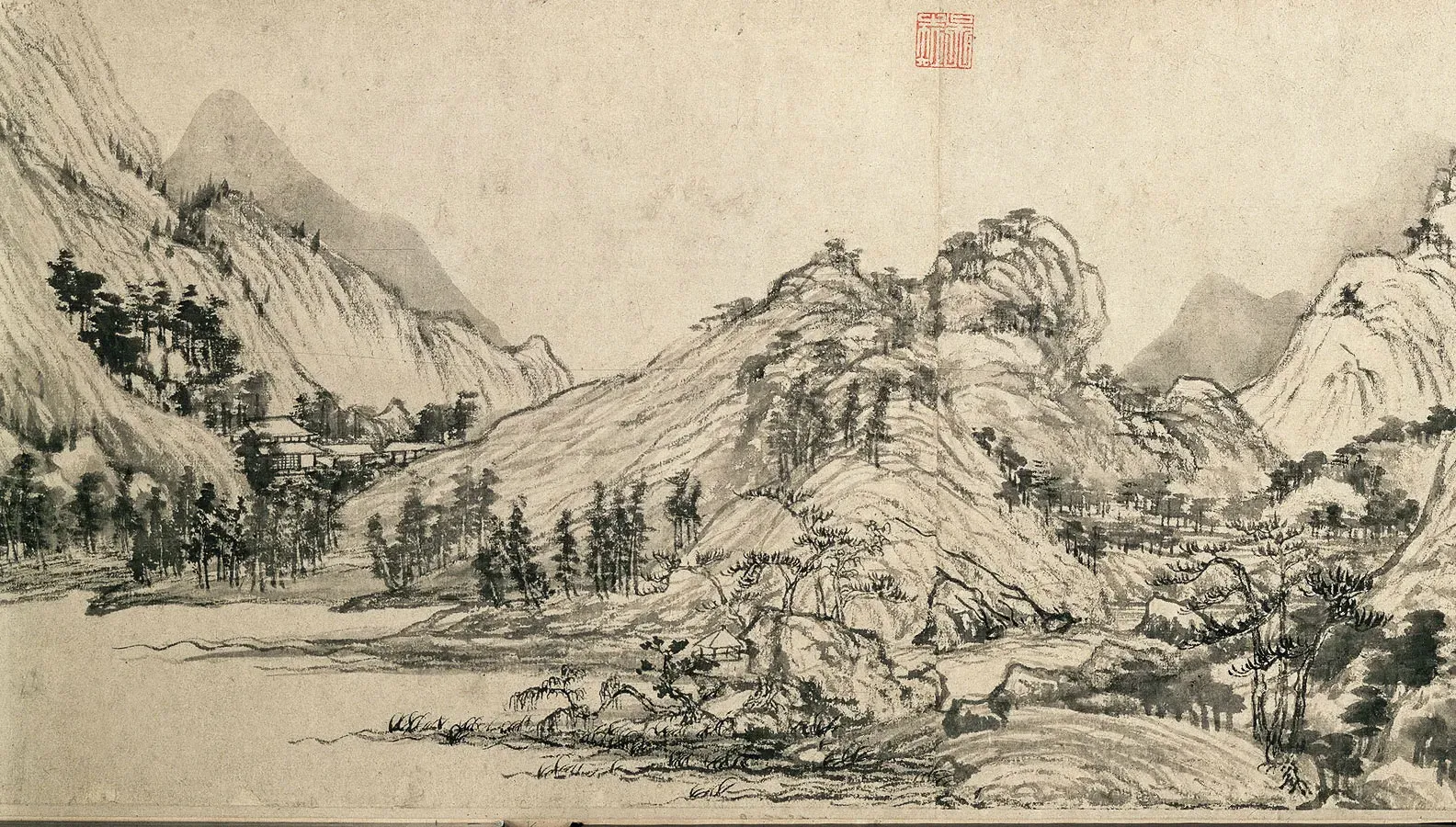The Zen Bible

“I don’t know anything about consciousness. I just try to teach my students how to hear the birds sing.”
— Shunryu Suzuki Roshi
One of the myriad things I love about Zen is that there isn’t a Bible…
There’s no single, universally recognized holy book. There’s no canonical doctrine, no ossified dogma, no secret cult.
The closest you'll get is the famous ‘4 Pillar Poem’ from Bodhidharma, the first patriarch of Zen.

Within Bodhidharma’s prosaic lines, the second interests us most.
Sometimes translated as 'beyond fine words and scripture.' My tea teacher, Wu De, translates this more directly as 'No scripture. No doctrine. No dogma.'
Even in the closest thing to a ‘Bible’ that Zen has, 25% of it is dedicated to dismantling itself.
This is a classic literary motif of the ‘Ch’an wrecking crew’ from Zen’s early origins. Ancient Taoists were masters at deconstructing the mental apparatus of meaning-making, eventually dismantling the conceptual structures of Taoism itself, composting it back down to its earthy organic nature.
What Zen hits you over the head with—over and over and over again—is this: the moment you go looking for answers in books, language, and thought, you’ve lost the sound of the birds.
The opening quote here was from one of the most celebrated Zen Masters of all time. It’s not random. It’s a profound teaching.
What of consciousness? What of the absolute? Riddles? Answers?
Life is a symphony. In the way people move. In the bends of the river. Every blade of grass and bird song is happening here and now. Don’t miss it.
How many times have you 'zoned out' at a concert, or in a conversation? Suddenly 'popping' back into the present moment after following 14 mental tangents? Zen is that: stop zoning out.
Language puts a filter, an impasse, a middle-man between you and direct experience. Language fissures the psyche. It creates the distinction between subject and object.
At this point, Albert Einstein might lean back in his chair, look at us over his shoulder, flash a cheeky grin, and remind us, “You cannot solve a problem with the same mind that created it."
It requires a mind-body evolution. A paradigm shift. This is what the practice of Zen is. Koan riddles, archery, tea, zazen meditation. Every practice is aimed at facilitating paradigm shifts in the organism.
📜 An Alternative.
I have a silly proposal for what you might consider the scripture of Zen: haiku.
Haiku is a minimalist, transient form of poetry developed in Japan. It shares a long and winding history with Zen. There is little meaningful separation to be made between them.
Haiku isn't fancy. Quite the opposite: it’s profoundly plain. It captures a momentary reality. The sound of water. Bird song. Grass in the wind. A man in the mountain.
An ancient pool,
A frog jumps in,
The sound of water.
— Basho
I find it fitting that the ‘scripture’ of Zen might be poetry. That the object of admiration and worship is nature.
Something about that feels right. It's not a theory. It's not 'correct'. It's artistic. It's moving, it's fleeting, transient, nebulous. It conveys a feeling, not an absolute.
That's about as Zen as it gets.
Be well,
EB. 🐉
No spam, no sharing to third party. Only you and me.
